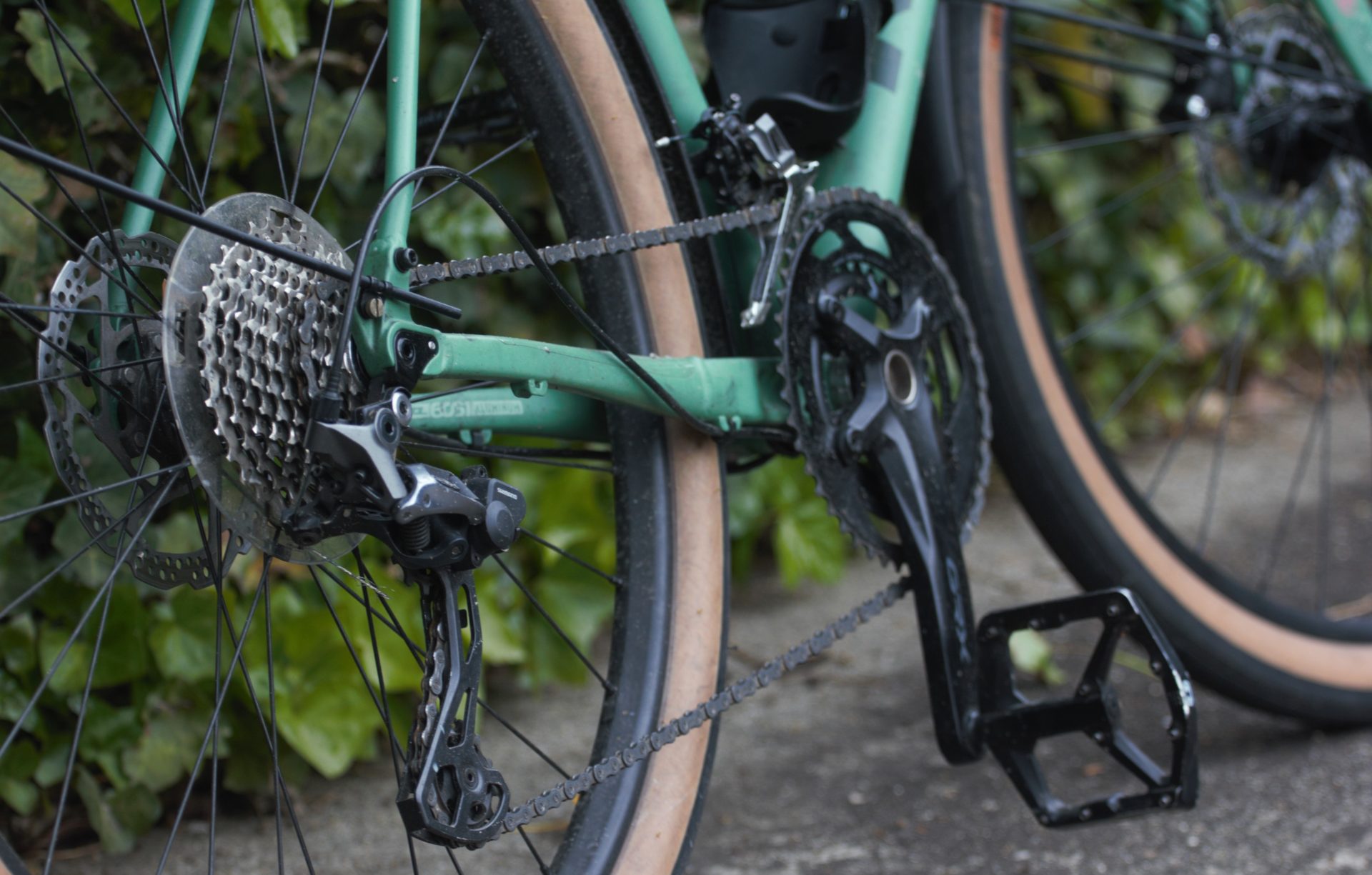Brussels has a lot of cycling initiatives on the mobility agenda, including tripling the use of bicycles by the city's residents by 2030, but it will be difficult to reach any of the ambitious goals before addressing a major problem: rampant bike theft.
“Fighting bike theft here in Brussels is a big challenge,” Geoffrey Usé, president of Groupe de Recherche et d’Action des Cyclistes Quotidiens (GRACQ), told The Brussels Times.
“A third of people who have their bike stolen stop cycling, and people don’t want to buy a decent bike because they're afraid it will be stolen. It's a real problem.”
GRACQ is an association which represents cyclists in French-speaking Belgium, and Usé said that the issue of bicycle theft isn’t getting any better as cycling becomes more popular in the Belgian capital.
“We see here that as the number of cyclists rises, the number of bike thefts rises with it,” he said. “There’s really a correlation between the amount of people biking in Brussels and the prevalence of theft.”
In the Brussels-Capital Region, 4,474 reports of bicycle theft were made last year - a third more than in 2016 when an anti-bicycle-theft programme was first introduced, according to reporting from Bruzz.
And Brussels’ Minister for Mobility Elke Van den Brandt (Green) thinks the number of thefts may actually be three times higher (that would be around 13,500 thefts in 2020), because many people don’t even bother reporting it to police.
Usé has an idea as to why that is, and says that the city’s latest plan for tackling rampant bike theft in Brussels doesn’t address it.
“In Brussels, bike theft is not exactly considered the most important crime to prosecute,” Usé explained.
“Often, the charges are abandoned by the court or the judge and there’s no prosecution. That’s still not being addressed in this plan. The coordination between police and justice is missing.”
Yet despite this concern, there is much about the plan that GRACQ is happy with, such as the increase in safe parking spaces for bicycles and outreach focused on teaching people how to protect their bike.
“But what’s missing from this plan is the legal part,” said Usé.
“Right now, you can go to the police and start a report for bike theft, but it’s unlikely to be followed up. In some cases there is a follow-up, but it’s not a priority at all. There is a lack of coordination between the police force and justice.”
This means that one of the plan’s key components - bait bikes - wouldn’t be of much use.
Van den Brandt has been attempting for some time now to get authorisation for bait bikes, which are bicycles equipped with GPS tracking and left in areas that experience high levels of theft.
The idea is that if the bait bike is stolen, police can trace it and track down the culprit.
Brussels has been trying for a decade to get the legal approval needed to deploy bait bikes in the city but since the concept treads a fine line between enforcement and entrapment, this has been difficult.
“We're not against bait bikes. They’ve been used in other countries, and I think it can be part of the answer,” said Usé.
“But if we put bait bikes in the street and there’s no persecution after thieves are caught, then, well, no real action has been taken.”
In Belgium, police have sometimes tracked down a single stolen bicycle only to uncover garages filled with dozens, which indicates that some of the bike theft is organised.
Van den Brandt is aware that theft is a barrier to increasing the popularity of cycling in Brussels.
She wants to halve the risk of bicycle theft, and the new action plan she’s made involves giving each police district in Brussels at least one “bicycle officer” by 2023, making it easier to report bicycle theft on a dedicated online platform and better evaluating the rate of incidence.
She also hopes to increase awareness of mybike.brussels, a registration platform for bicycle owners intended to help them recover their bike if it’s stolen and then found by police.
There was even talk of exploring the idea of reimbursement for stolen bicycles that are registered on this platform.
“This action plan against bicycle theft allows us to work on several fronts at once: infrastructure, enforcement, evaluation, engagement and awareness,” said Van den Brandt.
“By stepping up the fight against bicycle theft, even more people will start and keep cycling.”
Usé said that they’re excited about much of Van den Brandt’s plan, the registry especially, calling it progress and adding that “we’re moving in the right direction.”
But he stressed that without improvements in the actual prosecution of bike theft, any plan to combat theft was toothless.
“If there's no enforcement behind it, we're going to have the same results,” said Usé.
He called on the city of Brussels to work hand-in-hand with municipalities on any effort.
“It’s not ever going to be completely eradicated, but the effect can be limited,” he said. “To fight bike theft here in Brussels, we need to all work together.”

